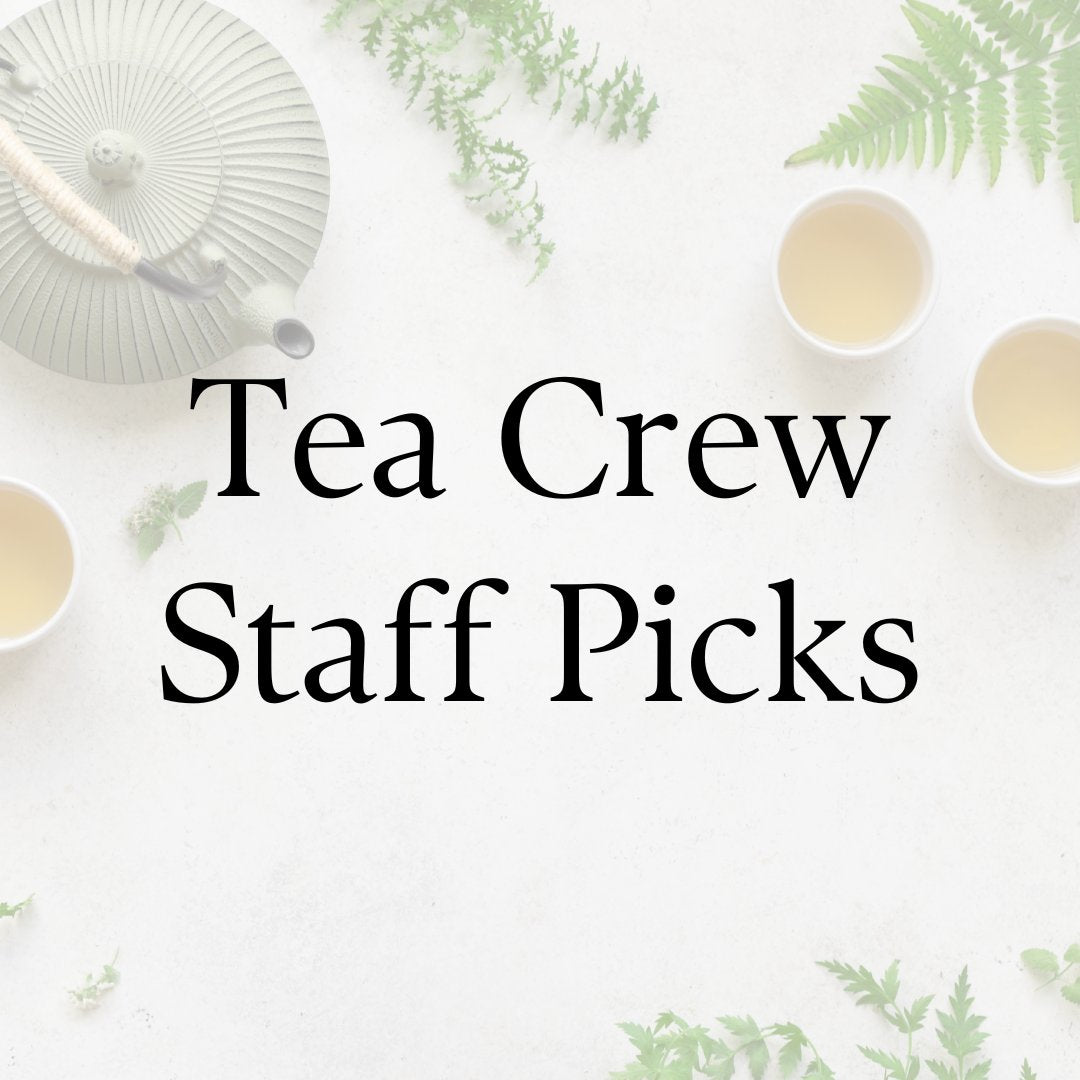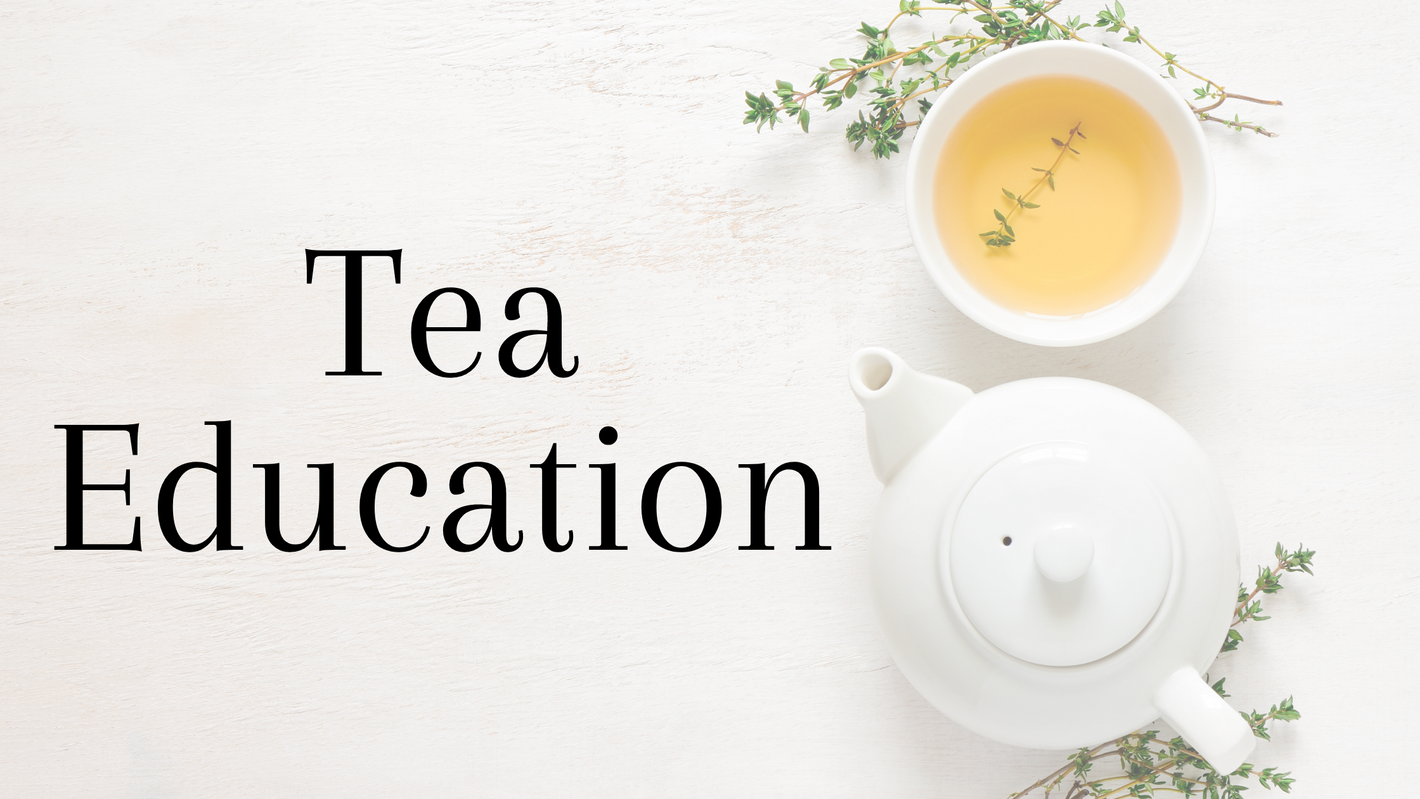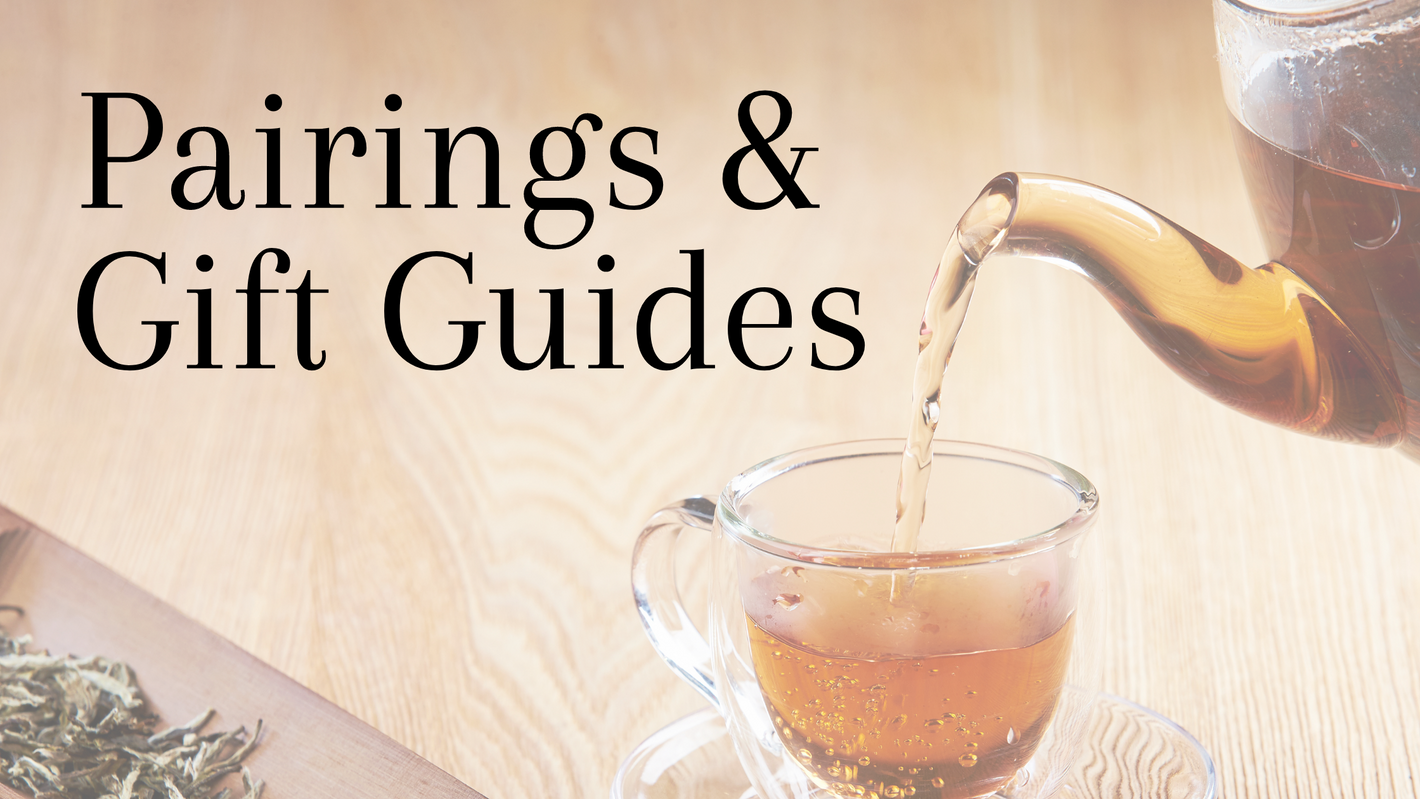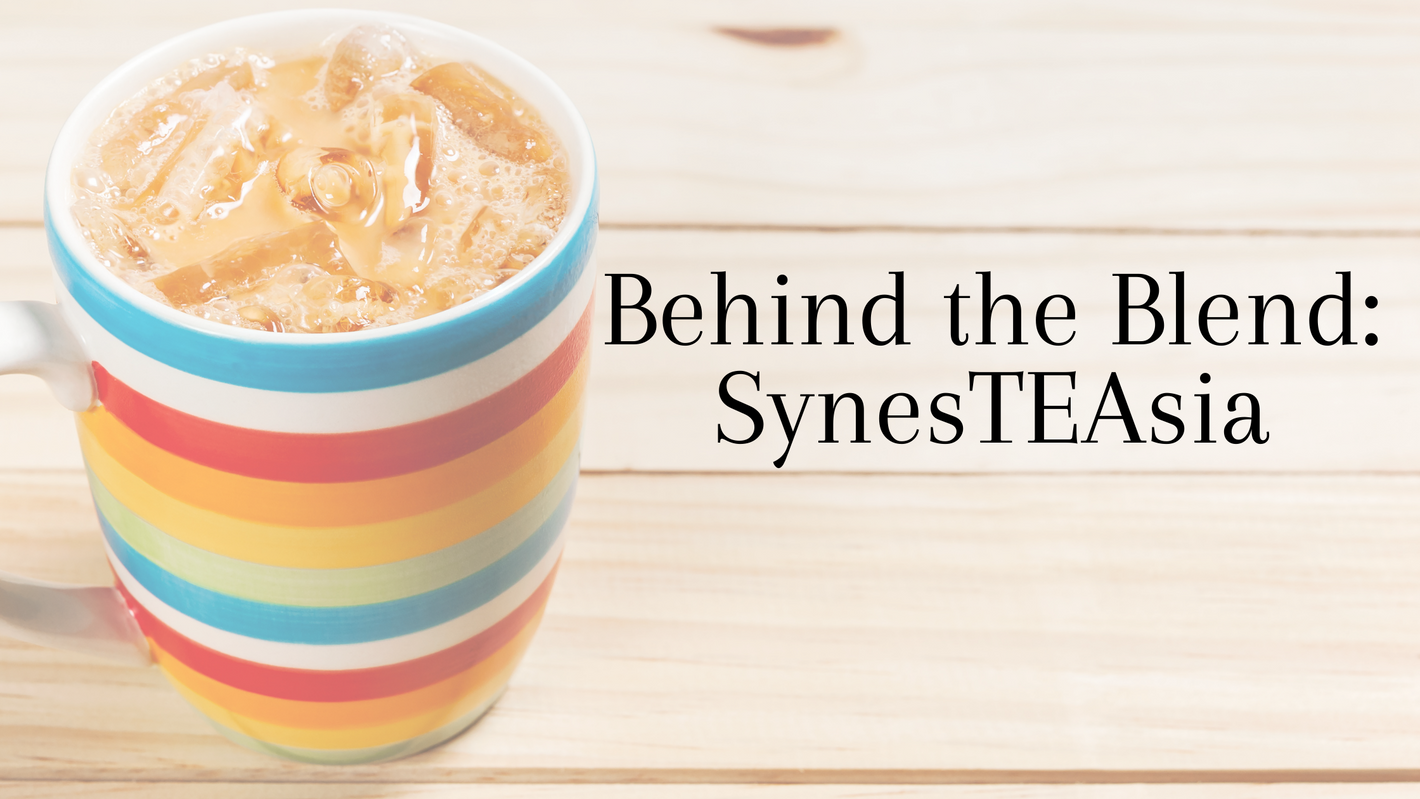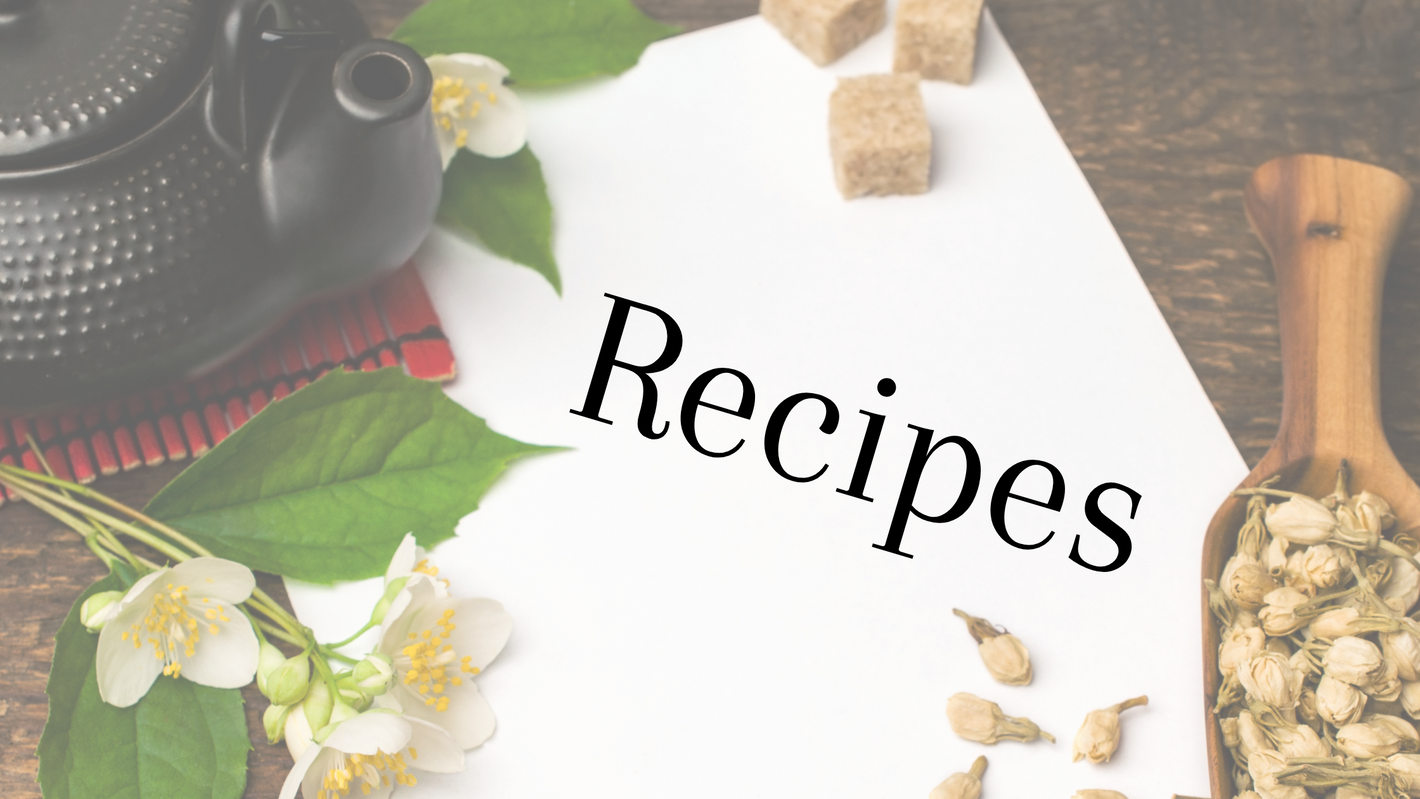| The Tea of Dorian Gray |
Most of my blends are inspired by specific characters or archetypes. This one is unusual for me in that it was inspired by a pinpoint moment in one scene midway through the novel. Dorian is wandering the wharf at night, hunting up some opium to numb himself and try to forget his murders and other naughty behavior. He's 18 years deep into his Faustian sitch and is mostly just tripping merrily along being a total monster. His sudden need for the opium dens that night is symptomatic of a moment of lucidity and self-reflective horror. This feeling passes, of course, and he does hella more drugs and murders and is generally a rude dude, but that one moment is so painful and sharp. It had to be blended.
Scene, Chapter 16: Dorian approaches the opium dens in fog so thick and dreary his cab windows are described as "clogged with grey-flannel mist."
A cold rain began to fall, and the blurred street-lamps looked ghastly in the dripping mist. The public-houses were just closing, and dim men and women were clustering in broken groups round their doors. From some of the bars came the sound of horrible laughter. In others, drunkards brawled and screamed.This chapter is set up with such vivid description, it was pretty easy to figure out the base for this tea blend. Dreary, murky, heavy mist and an almost threatening degree of debauchery just out of view led me to Pinhead Gunpowder green tea for its weight and mineral sediment, shortly followed by a loose pu-erh for the decay and humus notes.
It is said that passion makes one think in a circle. Certainly with hideous iteration the bitten lips of Dorian Gray shaped and reshaped those subtle words that dealt with soul and sense, till he had found in them the full expression, as it were, of his mood, and justified, by intellectual approval, passions that without such justification would still have dominated his temper. From cell to cell of his brain crept the one thought; and the wild desire to live, most terrible of all man’s appetites, quickened into force each trembling nerve and fibre. Ugliness that had once been hateful to him because it made things real, became dear to him now for that very reason. Ugliness was the one reality. The coarse brawl, the loathsome den, the crude violence of disordered life, the very vileness of thief and outcast, were more vivid, in their intense actuality of impression, than all the gracious shapes of art, the dreamy shadows of song. They were what he needed for forgetfulness. In three days he would be free.Dorian's despair and lancing self-loathing pierces the murky surroundings and tastes distinctly angular and cold to my brain-mouth. I followed this flavor to ginger, which I find can either leave a cold or hot impression, depending on its context. In the context of heavy, earthy teas, the sharp spikes of ginger taste was just the thing to illustrate our anti-hero's distressing self-analysis. Now, let's look at the last sentence of this passage.
In three days he would be free.This sentence haunts me. It smacks of giving up. Giving in? Release of anguish and guilt, anyway, in favor of his darker impulses. The conflict is so short-lived, there was only one ingredient that worked. Blue cornflower is an electric blue flower with a delicate, grassy taste and a light floral smokiness. It's wispy and turns a beautiful silver when infused. The colors of the flower, both dry and steeped, are strongly associated for me with intellect and cerebral processing. The delicate nature of the flower, both in physical form and flavor, match the ephemeral ease with which Dorian transitions between morality and obsession.
So there you have it! The story of a blend about a story. I hope you enjoyed this insight into my process. Please comment with feedback and requests!
Much love,
Friday
